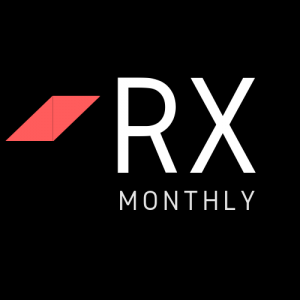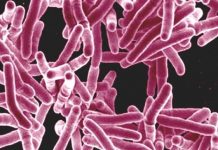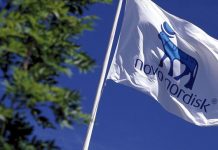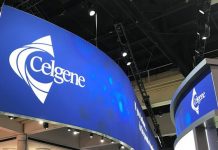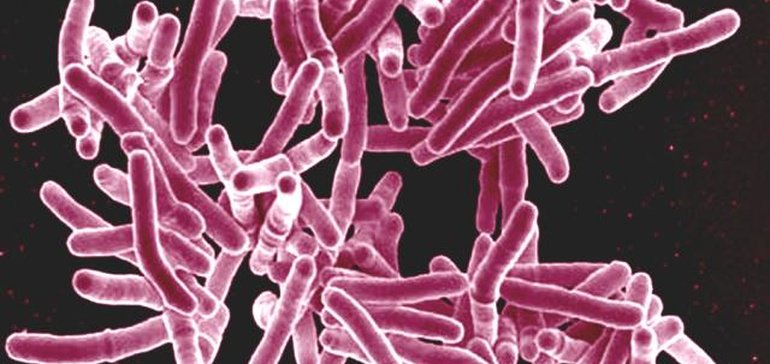Authorities warn that antibiotic-resistant infections rank high, if not at the top, of public and global health concerns. TB offers a prime example of why.The World Health Organization estimates that, in 2017, roughly 558,000 people had TB resistant to the most effective first-line treatment. In that group, 82% went on to develop multidrug-resistant, or MDR, infections, of which 8.5% were classified as extensively resistant.
Drug-resistant TB is more concerning in the context of the infection’s pervasiveness. WHO reports that around 1.3 million people died from tuberculosis in 2017, and about 1.7 billion have a latent form of the infection which could turn active at some point in their lives.
Pretomanid therefore comes at an important time for healthcare providers, especially those dealing with TB cases where the patient isn’t responding to current therapies. The FDA approved the three-drug regimen of pretomanid, bedaquiline and linezolid for adults with extensively drug resistant, treatment-intolerant or nonresponsive multidrug-resistant pulmonary TB.
Médecins Sans Frontières, known also as Doctors Without Borders, noted in an Aug. 15 statement that new TB treatment is one of just three approved over the last 50 years.
The group acknowledged that patients on the regimen will need to be monitored for side effects because of the high doses of linezolid required. Still, it said pretomanid could “dramatically shorten” the length of time patients are on treatment to six months, lower their pill counts, and raise cure rates for extensively resistant TB infections from their historical level of 34%.
“This newly approved regimen containing pretomanid could be a lifesaver for people with [extensively resistant TB], but it’s not time to celebrate yet,” said Sharonann Lynch, HIV and TB policy advisor for MSF’s Access Campaign.
“We now need pretomanid to be registered and available at an affordable price in all countries, prioritising those with the highest TB burden.”
TB Alliance didn’t respond to a BioPharma Dive inquiry about the price for pretomanid by time of publication.
As part of the drug’s approval, TB Alliance was awarded a Priority Review Voucher — a type of regulatory fast pass that can be used on other approval applications or sold to another company. Most recently, Biohaven Pharmaceuticals announced in March that it had bought a PRV from GW Pharmaceuticals for $105 million to hasten the review process for its experimental migraine drug.
MSF wants TB Alliance to sell the PRV it received for pretomanid’s approval, and put the money toward getting the drug quickly registered at an affordable price.
The pretomanid regimen secured approval based a study of 109 patients with extensively drug-resistant, treatment intolerant or non-responsive multidrug-resistant pulmonary TB in their lungs. Six months after stopping treatment, 95% of the 107 evaluable patients were cured, a statistic the FDA says “significantly exceeded the historical success rates for treatment of extensively drug resistant TB.”
Arikayce, which treats patients who develop lung disease because of a specific kind of bacteria, received in September the first ever approval via LPAD, short for Limited Population Pathway for Antibacterial and Antifungal Drugs.
Read more: Celgene wins approval for drug key to bristol buyout
